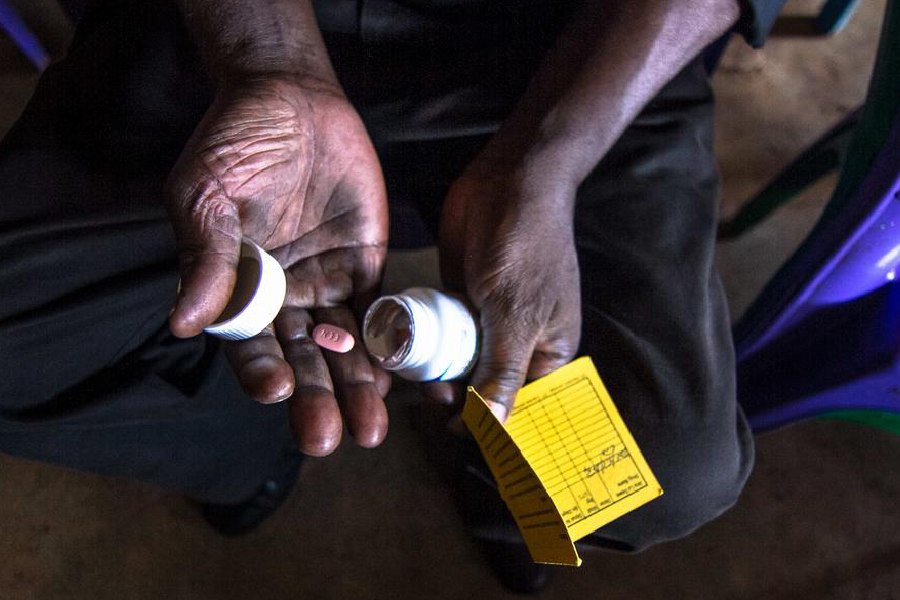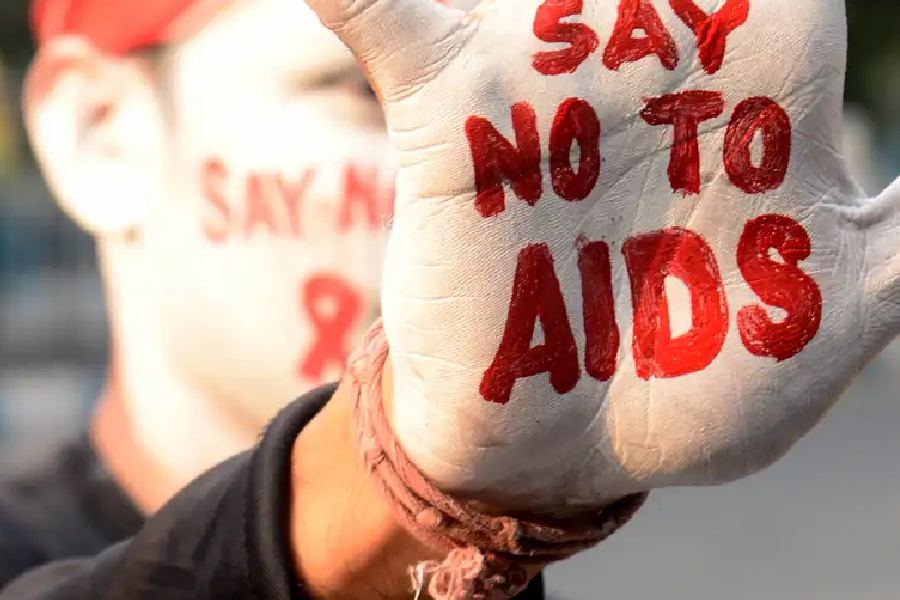It is possible to end AIDS by 2030, the United Nations said on Thursday.
But the world's deadliest pandemic could only be halted if the leaders grasped the opportunity, it cautioned.
"We have a solution if we follow the leadership of countries that have forged strong political commitments to put people first and invest in evidence-based HIV prevention and treatment programs," the UNAIDS agency said in a report.
Adopting non-discriminatory laws and empowering community networks, among other initiatives, is an effective response to HIV, it added.
UN: Ending AIDS is a choice
UNAIDS said that ending the pandemic was, above all, a political and financial choice.

"Success is possible in this decade,” UNAIDS Executive Director Winnie Byanyima said.
"The end of AIDS is an opportunity," for today's leaders to be remembered as "those who put a stop to the world's deadliest pandemic," said Byanyima.
Progress made in the African region
She said the greatest progress on HIV — the virus that causes AIDS — was being made in the countries and regions that have invested strongly.
She cited eastern and southern Africa, where new HIV infections have dropped by 57% since 2010.
Botswana, Eswatini, Rwanda, Tanzania and Zimbabwe have already achieved what are called the 95-95-95 targets.
This means that 95% of those living with HIV know their status; 95% of those who know they have HIV are on life-saving anti-retroviral treatment; and 95% of people on treatment achieve viral suppression.
At least 16 other countries, including Denmark, Kuwait and Thailand are close to achieving the target.
In 2022, 39 million people globally were living with HIV, of whom 29.8 million were accessing anti-retroviral therapy, UNAIDS said.
The numbers on anti-retroviral treatment have nearly quadrupled from 7.7 million in 2010.
Around 1.3 million people became newly infected with HIV last year — down 59% from the peak in 1995.
Meanwhile, 630,000 died from AIDS-related illnesses.
"Overall, numbers of AIDS-related deaths have been reduced by 69% since the peak in 2004," the report said.











